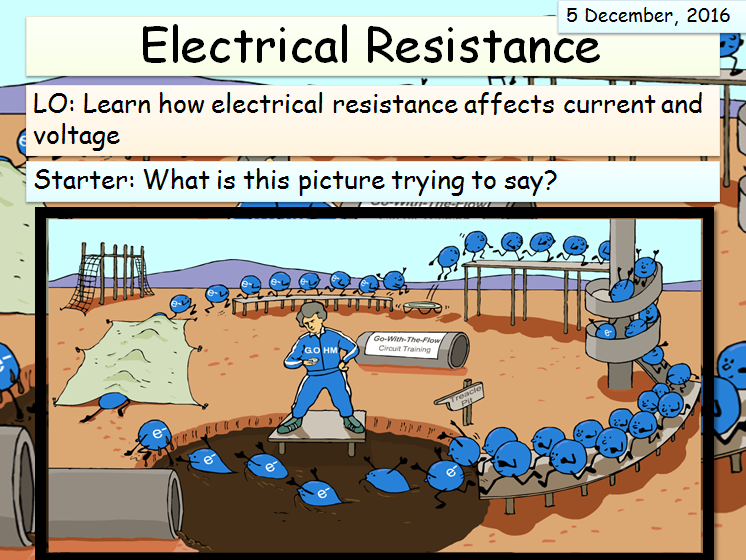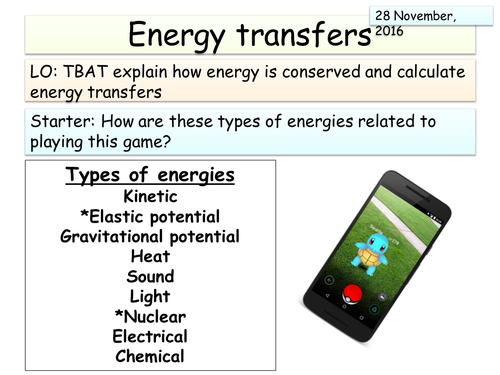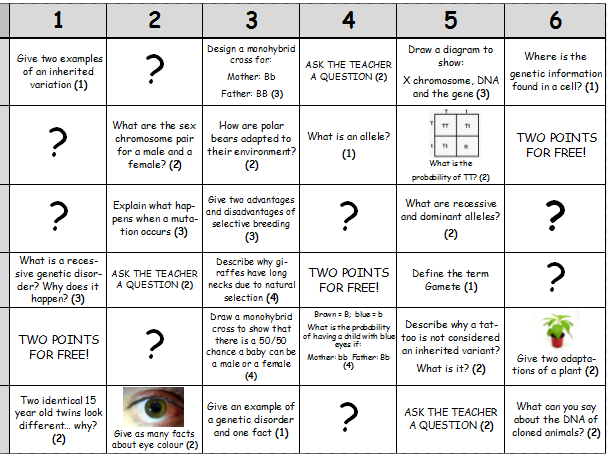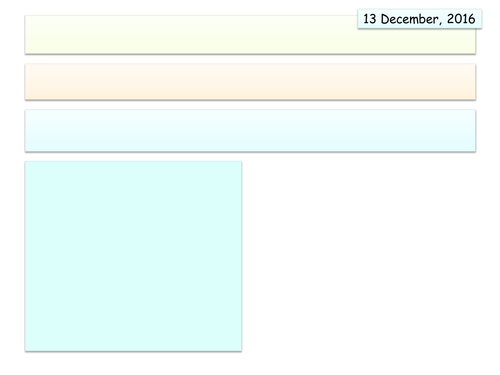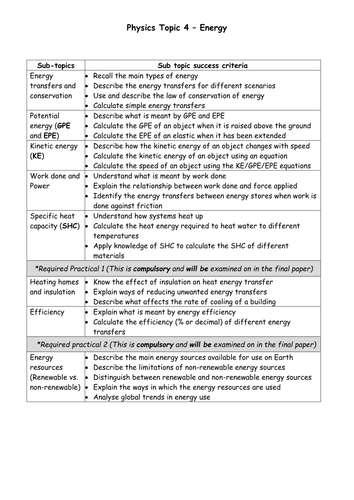Cengiz8849's Shop
This shop is mostly aimed at Physics resources that fit the current KS3 and KS4 (AQA) schemes of learning. Most resources will contain specific learning activities that are differentiated by outcome/task and the power points are SEN accessible (with appropriate chunking of information and pale background colouring). There will sometimes be random science topics from biology chemistry in which have worked well with classes. Feel free to browse!



